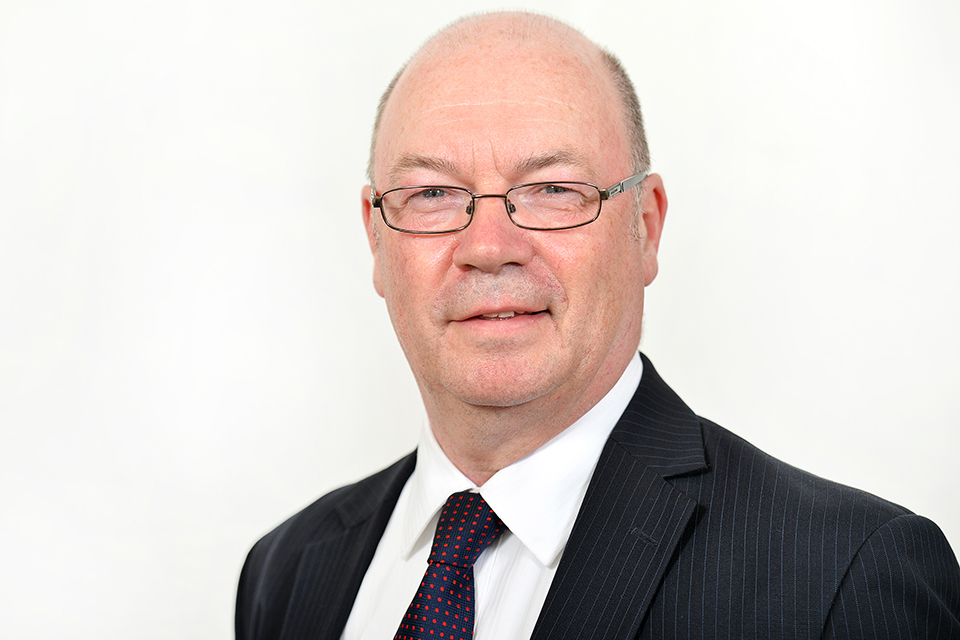Better mental health for the young: where, when and how to target funding
Alistair Burt, Minister for Community and Social Care, discusses targeted funding for better mental health services for young people.

It is of course traumatic and unsettling to experience mental ill health at any age – for both the person suffering and the friends and family closest to them. However, a child or young person in the grip of psychological distress can feel particularly helpless and isolated. Timely and effective care, treatment and support are as vital for this age group as any other.
That’s why I was delighted, even before becoming a health minister in the new Parliament, to see Chancellor George Osborne announce the government’s intention to spend £1.25 billion on improving children’s mental health services over the next 5 years. It’s widely known that mental illness, if not treated or mitigated in early years, can lead to intractable problems in later life. The emotional, health and economic implications of a life limited or cut short by unchecked psychological impediments are profound – for individuals, families and society as a whole.
This, I assure you, is not a case of central government ‘throwing money at the problem’. Indeed, when it comes to the pursuit of better mental health service provision for children and young people, these funding announcements are broadly welcomed by the health and care sector.
However, you would be right to expect funding to only be awarded with the promise of a credible and sustainable plan for its use. That’s why, in tandem with partner organisations across the health and care sector, we are supporting clinical commissioning groups to work closely with local partners in the development of local transformation plans. These plans will overhaul mental health services for children and young people in their areas - £75 million of the £1.25 billion has been earmarked for this purpose.
Meanwhile, a further £68 million will contribute, in part, to the expansion of the Children and Young People’s Improving Access to Psychological Therapies programme. This will help improve access to evidence-based psychological therapies and collaboration with children, young people and families in every aspect of care and service design. This will be achieved through better participation, regular feedback and outcome monitoring. We are expanding this programme to increase access and coverage across England from 68% to 100% by 2018. New areas of clinical practice will be added, and additional clinical staff will be trained in the most effective evidence based treatment for self-harm, depression and anxiety.
Eating disorder services will be receiving a separate £30 million worth of extra funding as the result of a very strong evidence base. This will help to improve community services and meet the aspiration of 95% of children and young people with eating disorders being seen within four weeks, or one week for urgent cases by 2020. We’re throwing good money after good results!
This funding represents the first stage of targeted spending on children and young people’s mental health services. To further underline the point, NHS England has published how these particular tranches of funding will be spent. You can read the full detail of the transformation plans and the access and waiting time eating disorder guidance. Both documents demonstrate rigorous thought and a firm commitment to delivering better services.
I should add the £68 million I have mentioned will also fund improvements in early intervention in psychosis training, inpatient services, workforce capability, innovation and perinatal mental health care – on which point…
…it was my privilege to spend time recently with patients and medical colleagues at the Margaret Oates Mother and Baby Unit at the City and Hackney Centre for Mental Health. When we talk about early intervention this is an example of what we mean. Mental ill health if untreated before, during and after pregnancy can have long lasting effects on the mother, her children and the wider family. All this work builds on the excellent foundations laid by Future in mind – the report of the DH and NHS England led Children and Young People’s Mental Health and Wellbeing Taskforce.
Sarah Brennan, Chief Executive of Young Minds welcomed its publication, but I echo her sentiment that it must serve as a starting point for even greater progress and not be seen as an end in itself.
If you have any doubts about the merits of this work then perhaps consider how you felt when you were a child, unsure of the world and your place in it. Mental health problems make this uncertainty even harder to deal with – we owe it to our nation’s youth to put in place and signpost the help they need now to navigate a happier life in the future.